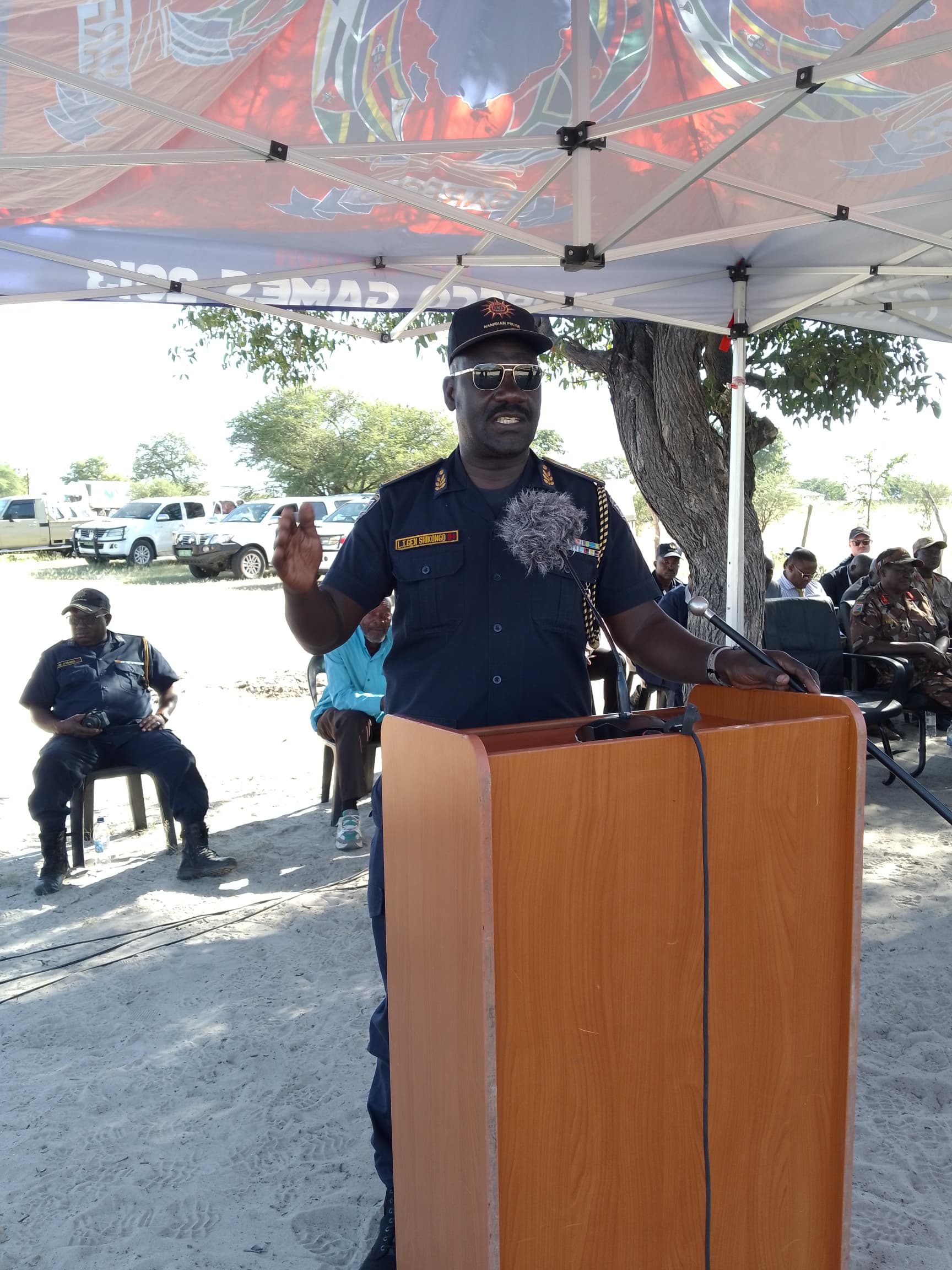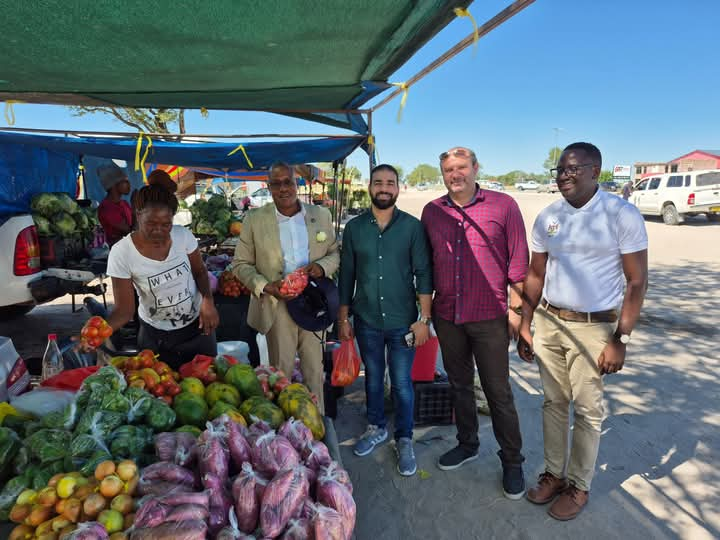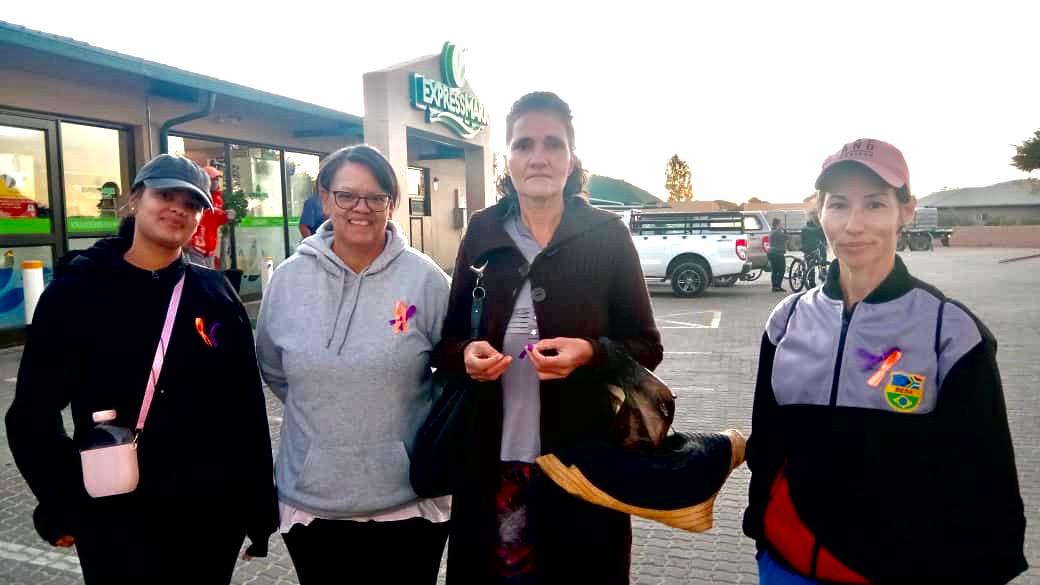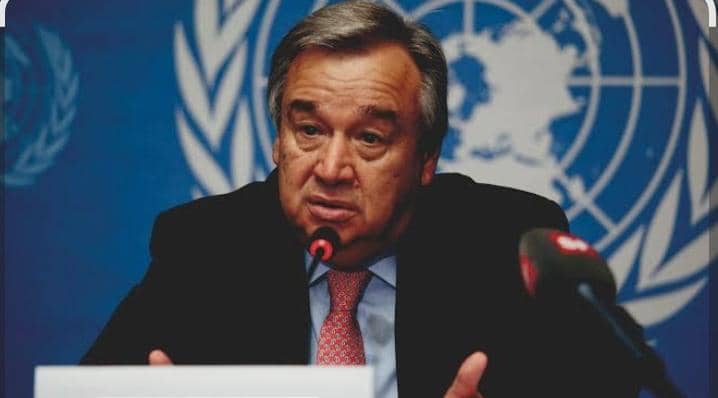LUANDA – Angola’s economy minister told state radio yesterday that the country would use its just-announced IMF loans to boost its foreign reserves and reduce pressure on the national currency.
On Tuesday the southern African country reached a preliminary deal with the International Monetary Fund (IMF) for a loan programme worth an estimated US$900 million 27 months.Angola needs the money after the fall in the price of oil – which supplies 90 per cent of its income – caused its international reserves to fall by 30 per cent between January and June.This caused a shortage of dollars, used for salaries and most business transactions, leaving bills and wages unpaid. The national currency, the kwanza, is currently selling at 100 to the dollar on the black market, 28 per cent above the official bank rate of 78.In an interview on state radio, Economy Minister Manuel Nunes said: ‘Our approach has been to see how they (the IMF) can support Angola in financing the balance of payments.’Referring to the disparity between the official and parallel kwanza rate, he said: ‘The solution to this type of situation is to increase the supply of currency in the economy and this increase will cause the current process, the depreciation of the national currency, to be minimised or even eliminated.’ -Nampa-AFP
Stay informed with The Namibian – your source for credible journalism. Get in-depth reporting and opinions for
only N$85 a month. Invest in journalism, invest in democracy –
Subscribe Now!










